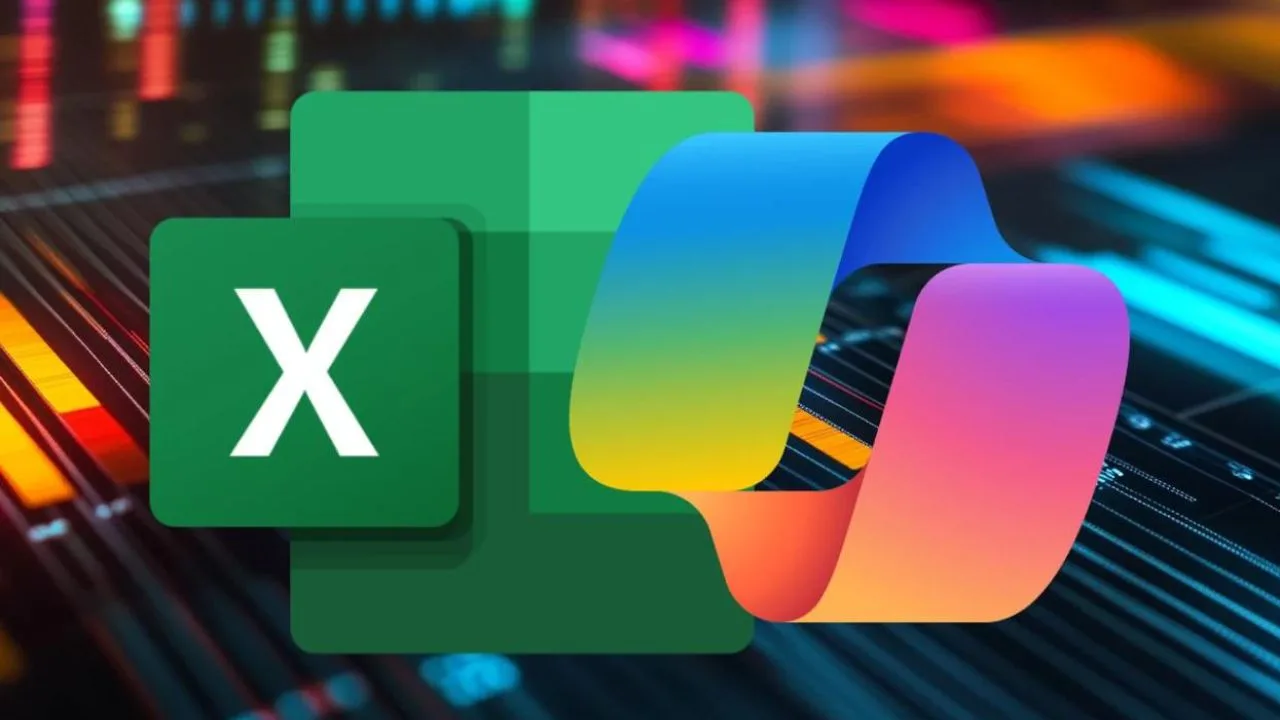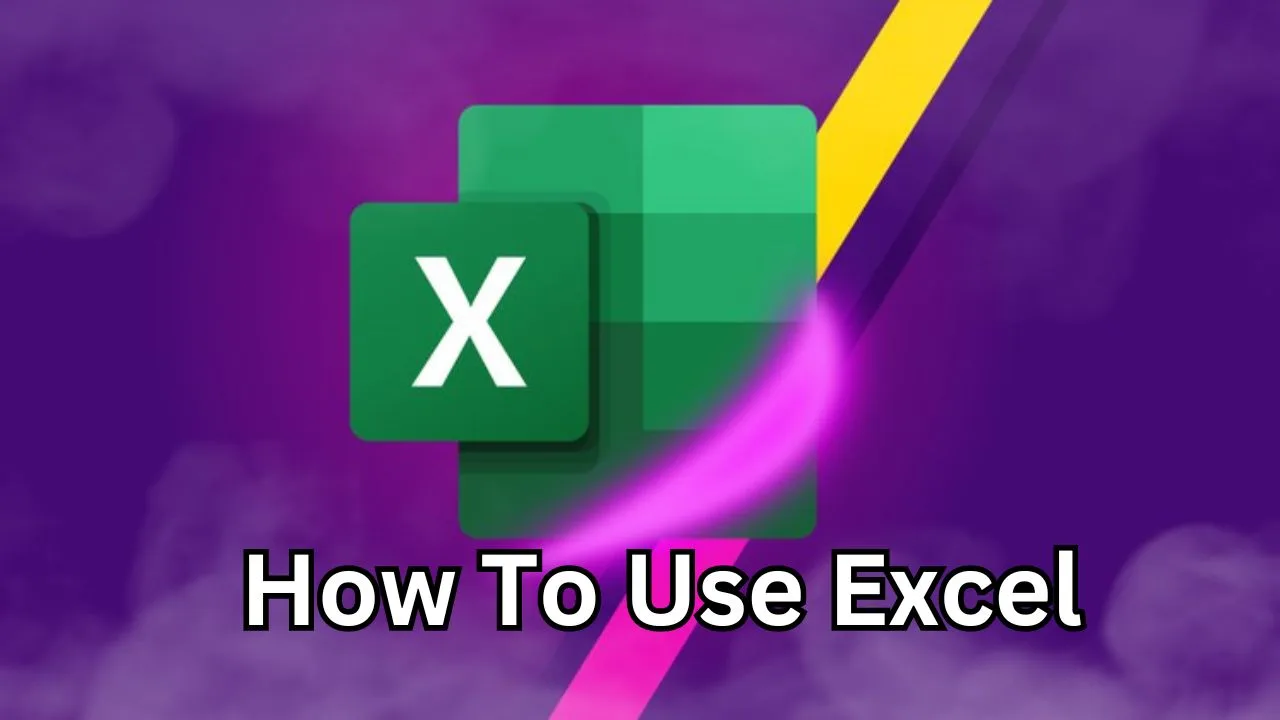How to Use Excel – Excel stores large data Excel analyzes data Visualizes data There are usually seven tabs — Home, Insert, Draw, Page Layout, Formulas, Data, Review, and View.
Here’s a simple guide to get you started.
1. What is Excel?
Any field can manage data in Excel. You can put numbers, text, and formulas in cells. The grid in this box is called cells. Excel is a spreadsheet program.
2. Excel Basics
There are millions and millions of things you can do with Excel. You can open an Excel sheet by clicking on a new one and clicking on an existing one.

If you don’t have an existing worksheet, you can create one and choose one of the templates available on Excel.
3. Opening Excel
Start Excel and open the first program in your computer. You will see a blank spreadsheet. In the small box are the boxes where the cells are organized into columns and rows
4. Entering Data
Click on the cell. Once it is selected, you can start typing data. Press Enter on the keyboard to move to the next cell, and then the arrow keys to move to different cells.
5. Simple Calculations
Excel can do the math for you. Excel can do calculations like addition, subtraction, multiplication, division and equal sign.
6. Using Functions
Excel has many built-in functions to help with calculations. Excel functions automate some of the tasks you would do in a typical formula.

7. Creating Charts
Charts help visualize data. To create a chart, select the cells that contain the data. Then go to Insert and type in the text you want to create the chart.
8. Saving Your Work
If you want to save your work, go to File, click Save As, choose a location on your computer and name the file.
9. Printing
If you want to print a spreadsheet, go to File and select Print. Tell us how many you want to print and which page to print. To do this, click on Print and you will get a hard copy of your data.
10. Getting Help
If you are stuck, Excel has a built in Help feature. You can access it by clicking on the question mark icon in the upper right corner of the screen or by pressing F1 on the keyboard.
Practice with these tools, and soon you’ll become more comfortable managing your data in Excel.
